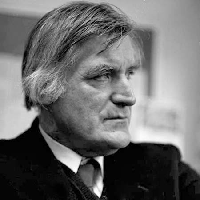Kentaro Miura نوع شخصية MBTI
شخصية
"ما نوع الشخصية Kentaro Miura؟ Kentaro Miura هو نوع INFJ في mbti ، 5w6 - sp/so - في enneagram ، RLUAI في Big 5 ، ILI في Socionics."
(1/2) Since I haven’t found any satisfying explanation of Miura’s type, I will offer an exploration of his functions in 2 comments. In this one, I will explain how the inferior function may impact the style of an artist. I will first focus on perceiving intuitives and, secondly, on Ni-dominants. So if you just want to see how Miura's exhaustive drawing style is explained by Se-inferior, I recommend you reading the following paragraph and going straight to the end of this two-part comment. ----------- The Anima, the Vulnerable function or the Inferior Function is our Achylles’ heel, the Ying of our Dominant Function’s Yang, the doors to the Netherworld that instil so much fear on the hero but that he must cross in order to merit the longed-for apotheosis. According to Beebe’s 8-function-model, it is “the site of an inferiority complex, as well as an idealization complex” which generates “alternating feelings of animosity and infatuation, making the balanced use of it an incessant struggle." This means that, as long as we haven’t reached individuation, we have a dichotomous relationship with this function: we either decide to despise it while indulging in our first function or, once we have matured and acknowledged our incompetency, try to use it in excess. Such extreme and obsessive behaviours must have a remarkable impact in all aspects of our life. In art, I believe, it can greatly determine the author’s style. Take INTPs for example. The purpose of Extraverted Feeling is to maintain the social mood or harmony. Having it in the fourth position means that you’ll move between being an independent thinker and wanting to be part of the group, between a lone wolf attitude and a gregarious attitude; you’ll have, therefore, communication problems: you might be right, but you will experience difficulties transmitting the truth to other people. This creates two types of artists: i) those who (like Chekhov, Basho, Takahata or Resnais) craft subtle ironic riddles that take a lot of intellectual effort to be solved and ii) those who (like Borges, Yourcenar, Akutagawa or Soseki) mix essay and fiction and reveal the real meaning of their stories. Togashi’s elaborated explanation of the intricacies of Hunter X Hunter vital energy system, Nen, or the endless guesses of the rival’s next move are good examples of the second approach to Fe-inferiority. Let’s see now INFPs. Their inferior function is Extraverted Thinking, which is concerned with using practical knowledge to reach a certain goal. When it is in the fourth position, it makes the individual desire that everybody complies to his or her internal rules, standards and criteria while, at the same time, being unable to enforce them. Fi-dominants feel disgust for bureaucracy, industrialization and loss of individuality, but can “be able to give form and meaning to chaos” or “find exceptional creativity and productivity through structured projects”. Therefore, INFP artists are equally capable of translating to a logic language the rambling flux of conscience of a sick mind (Kafka’s “The Burrow”, “A Country Doctor” and “Investigations of a Dog” or the description of Winston Smith’s mental degradation after being tortured for a long time in Orwell’s 1984) and of giving factual information in a cold, mechanical and journalistic way (Kafka’s “In the Penal Colony” and “The Village Schoolmaster” or 1984’s “bleak and deppressing” style and “dull, matter-of-fact explanations”).
سيرة شخصية
Kentaro Miura (三浦 建太郎, Miura Kentarō, July 11, 1966 – May 6, 2021) was a Japanese manga artist best known for his popular dark fantasy manga Berserk, which began serialization in 1989 and continued until his death. As of 2021, Berserk had more than 50 million copies in circulation, making it one of the best-selling manga series of all time.
شخصية correlate
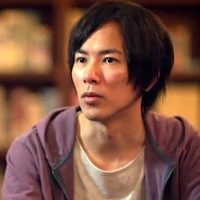
Hajime Isayama
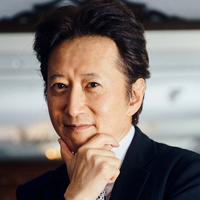
Hirohiko Araki
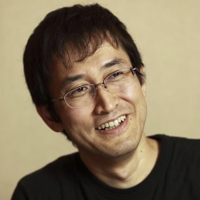
Junji Ito
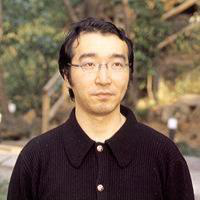
Yoshihiro Togashi

Gege Akutami
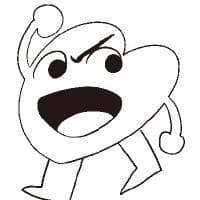
Tatsuki Fujimoto
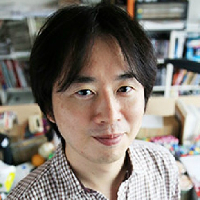
Masashi Kishimoto
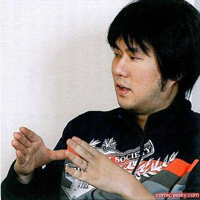
Eiichiro Oda







